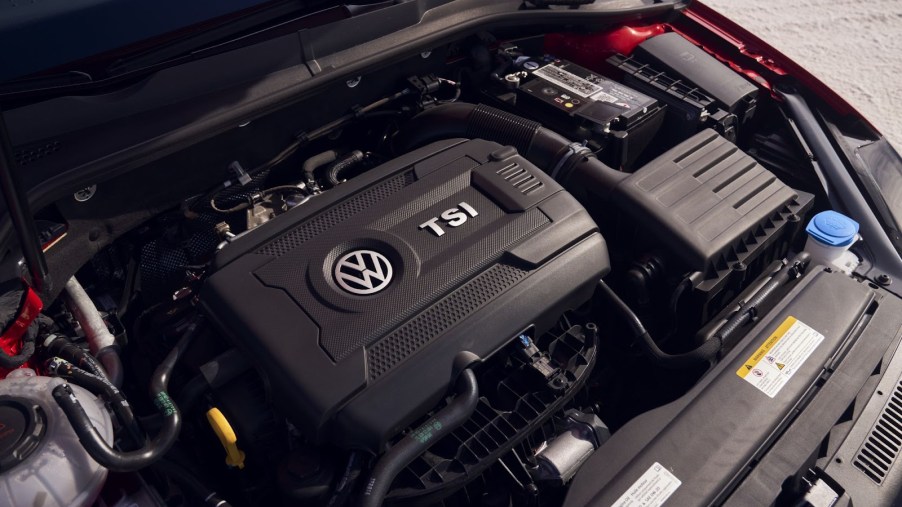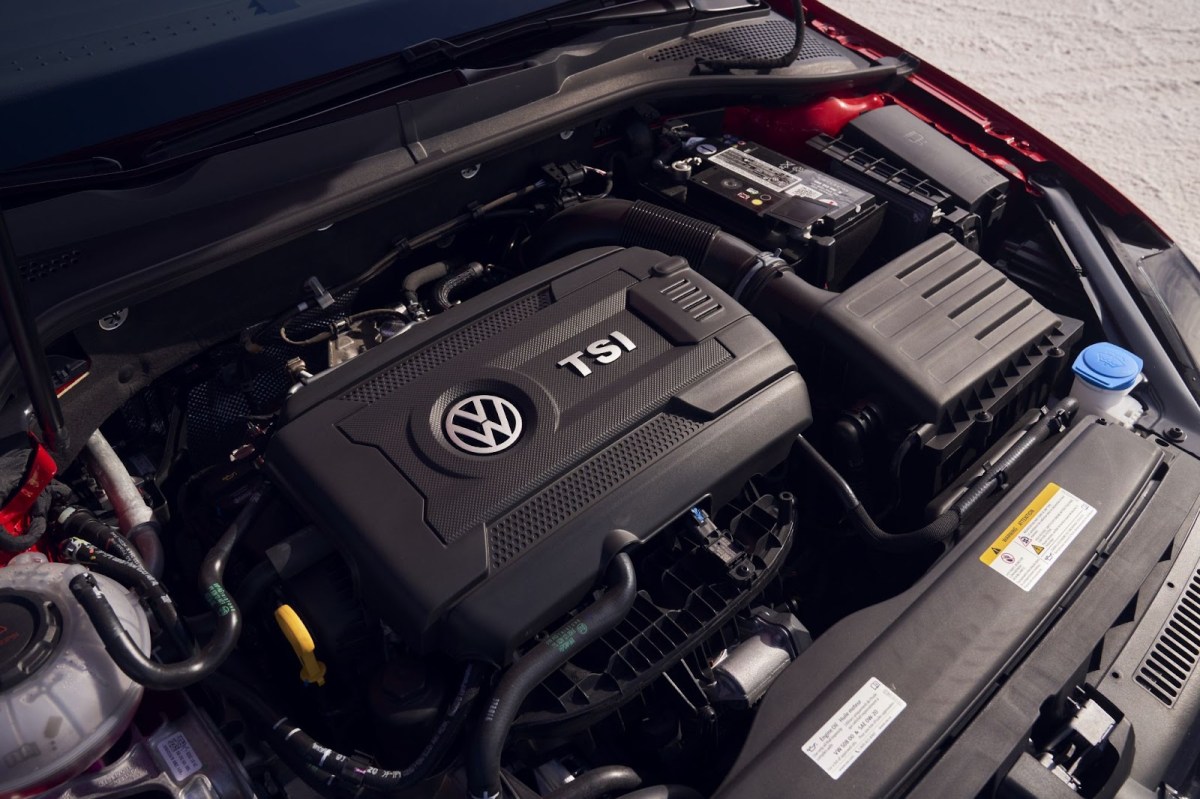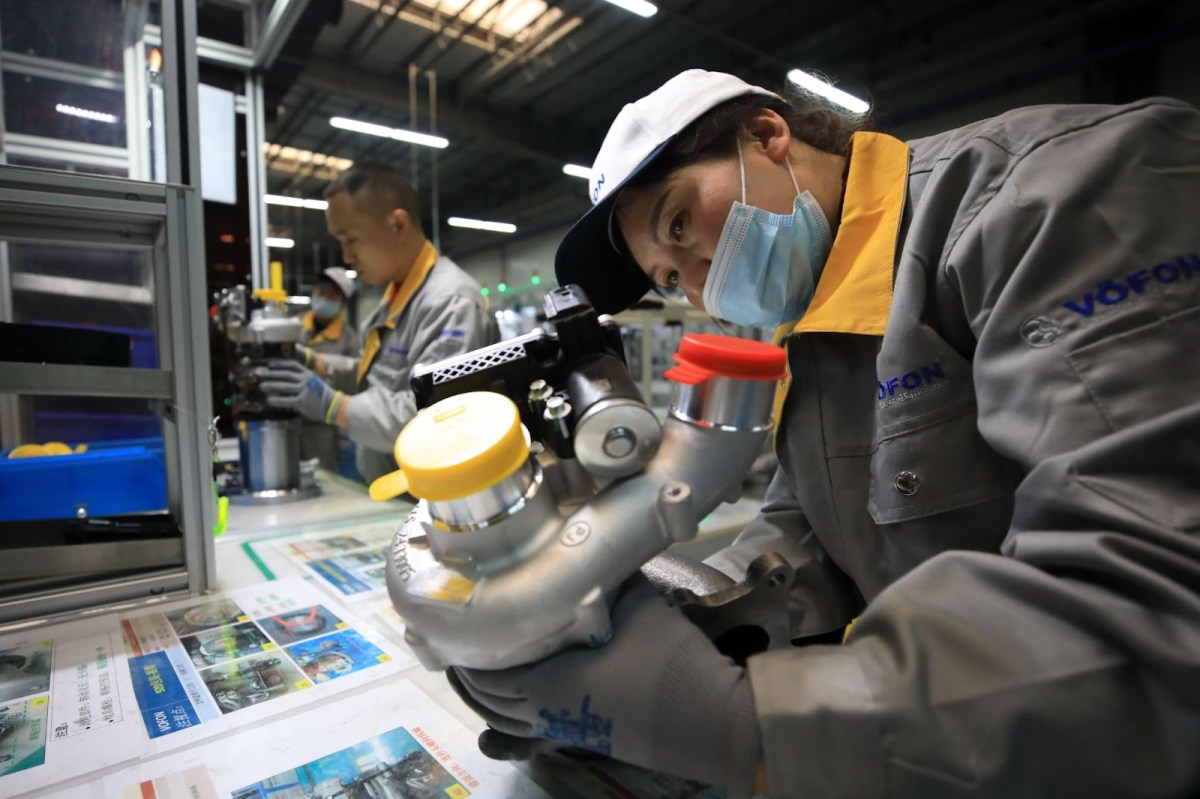
4 Ways to Make Your Turbocharged Car More Reliable
With so many new cars getting smaller displacement, turbocharged engines, understanding how to make your turbocharged car more reliable is important. There are several ways to enhance the reliability of your new turbo car, but which ones are the most important? From driving style to upgrades and basic maintenance, there are many factors to consider. Here are 4 ways to make your turbocharged car more reliable, so you can drive with confidence.

Drive gently early in your trip and before you park
No, we’re not just talking about how fast you go or how often you floor it. Early in your drive and before you come home, gentle driving can help make your turbocharged car more reliable. Gently driving while your engine is warming up will help reduce the temperature shock that comes from warming the turbocharger too quickly. On the other hand, a gentle “cool down” drive before you park for the day will help avoid hotspots around the turbo when your engine is off.
Intercooler upgrades help make your turbocharged car more reliable
Intercooler upgrades aren’t just for your track-day weapon or high-end sports car. While factory intercoolers are generally fine, upgrading to an aftermarket system can help make your turbocharged car more reliable.
After a turbocharger spits out hot, high-pressure air, it goes through an intercooler before reaching your engine. This reduces the air temperature before combustion, which helps fuel burn more efficiently. It also reduces the temperature inside your engine to protect internal engine parts, but it isn’t a flawless system.
On hot days or during long spells of spirited driving, your stock intercooler will start to heat soak. In other words, the intercooler can no longer sufficiently cool the air going into your engine. Modern ECUs will adjust the engine timing and reduce power to help protect your engine, but that doesn’t stop the extra hot air from causing damage. Switching to the right aftermarket intercooler will help stave off that heat soak to make your turbocharged car more reliable long term. Plus, you’ll get an extra bit of power under normal operating conditions, as the air entering your engine will be cooler than it was when your engine was in stock form.

Don’t floor it at low rpm
One common problem with direct-injection turbocharged engines is low-speed pre-ignition. This issue comes when you apply too much throttle at a low rpm. When you do this, the turbocharger pushes high-pressure, high-temperature air into the engine, but the engine isn’t moving quickly enough to handle it. This causes unburned fuel in the cylinder to ignite before the spark, causing damage inside your engine. According to Valvoline, there is no clear understanding of why low-speed pre-ignition occurs. However, avoiding heavy acceleration at low rpm can help protect against this catastrophic condition.
Oil changes, oil changes, oil changes

Lubrication and temperature management are the keys to making your turbocharged car more reliable. Ignore that 10,000-mile manufacturer recommendation and change your oil every 5,000 miles. The intense heat and added internal engine pressure of a turbocharged car means that proper care is critical for a reliable engine in the long term.
Turbocharged engines not only have more moving parts, but those parts are under higher load than a non-turbo engine. While most are engineered with this in mind, it is still important to take proper care of your vehicle. Changing your oil regularly will help preserve internal engine components in the face of this added stress.
Keep your turbocharged car happy with these 4 tips
Follow these four tips to make your turbocharged car more reliable, and enjoy the added torque and excellent sounds that forced induction has to offer for years to come.




